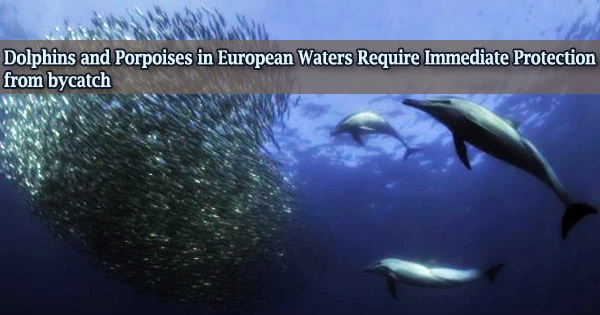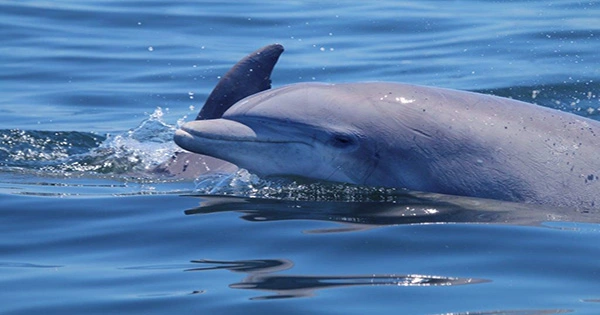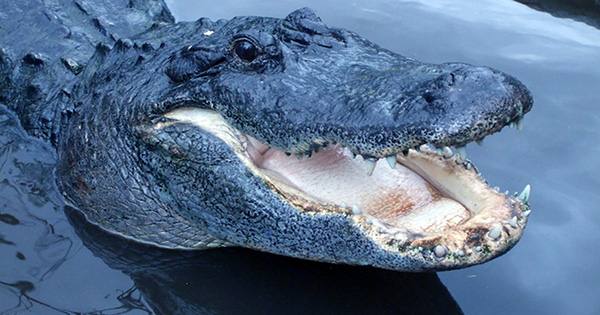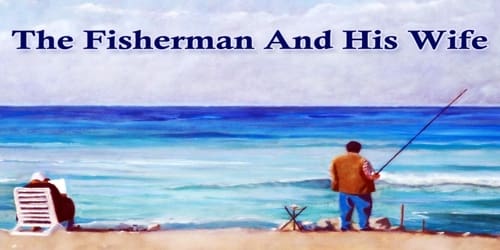Marine biologists are urging the European Union to establish a comprehensive plan to safeguard dolphins and porpoises in European waters from fishing bycatch. Professor Per Berggren of Newcastle University is among a group of conservation experts that point out flaws in the EU’s efforts to address and prevent bycatch.
This infectious response, according to the scientists, stems from a lack of quantitative conservation objectives, such as biological reference points, that will guide management action to ensure that bycatch does not exceed sustainable levels in Europe, as well as a lack of quantitative conservation objectives, including biological reference points that will guide management action to ensure that bycatch does not exceed sustainable levels.
The researchers proposed a methodology to reduce bycatch levels to assist address the issue, which is the primary global hazard to dolphins and porpoises.
The scientists detail a two-step method in their suggestions published in the journal Fish and Fisheries, which includes creating a quantifiable management aim for each species and instituting monitoring programs.
Experts advocate employing electronic monitoring methods that allow for a more extensive and representative sample of fleets to assure accurate estimates of bycatch levels.
Regular official evaluations of small cetacean populations, including estimations of abundance and bycatch mortality, are also recommended, according to the experts. If total bycatch is predicted to be higher than the calculated biological reference point, a mitigation approach must be implemented, with monitoring continuing until levels fall below the reference points.
The failure to effectively conserve Europe’s dolphins and porpoises is not a result of a lack of scientific knowledge or difficulties in monitoring fisheries and bycatch. Instead, it reflects a lack of political will to ensure that these iconic animals are protected from unsustainable mortality in commercial fisheries throughout European waters. We can and must do better.
Andrew Read
Experts from University College Cork in Ireland and Duke University in the United States say that European countries outside the EU have a responsibility to manage dolphin and porpoise bycatch in their Exclusive Economic Zones. This includes the United Kingdom, which has a significant role to play in developing mechanisms to solve bycatch.
Professor Per Berggren, of Newcastle University’s School of Natural and Environmental Sciences, said: “Among the most distinctive species of marine wildlife in Europe, cetaceans are vital to the history and culture of European maritime communities and generate significant revenue from ecotourism.”
“However, bycatch of small cetaceans in European fisheries is widespread, including very large numbers of common dolphins in trawl fisheries and bycatch of the critically endangered population of harbour porpoise in the Baltic Sea.”
Professor Andrew Read, of Duke University’s Nicholas School of the Environment, said: “The failure to effectively conserve Europe’s dolphins and porpoises is not a result of a lack of scientific knowledge or difficulties in monitoring fisheries and bycatch. Instead, it reflects a lack of political will to ensure that these iconic animals are protected from unsustainable mortality in commercial fisheries throughout European waters. We can and must do better.”
Professor Emer Rogan, from University College Cork, added: “Despite a number of EU Regulations and Directives, there is no clear European framework to reduce the mortality of dolphins and porpoises in fisheries to sustainable levels. This limitation hampers the effective implementation of effective management actions.”
















